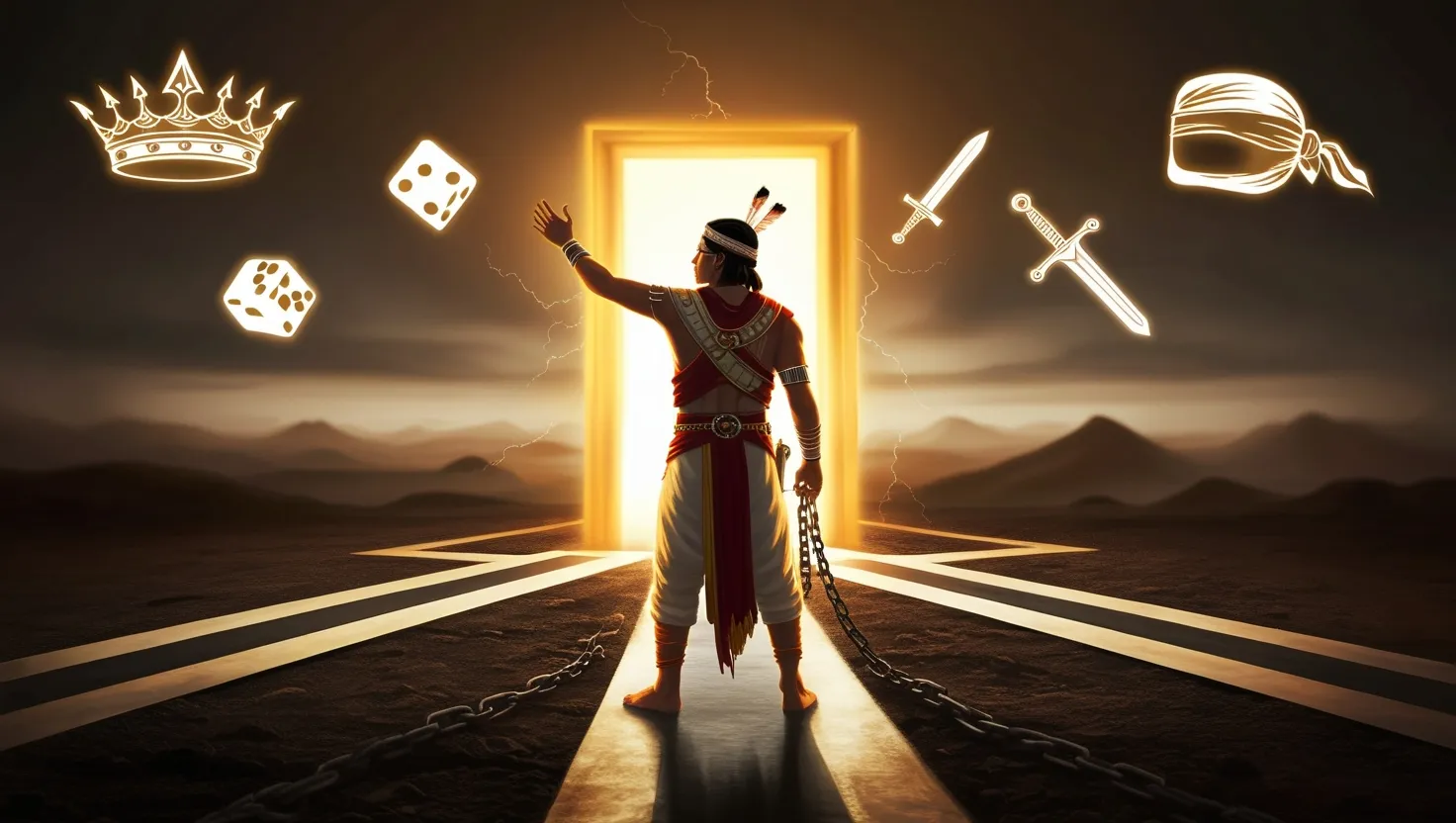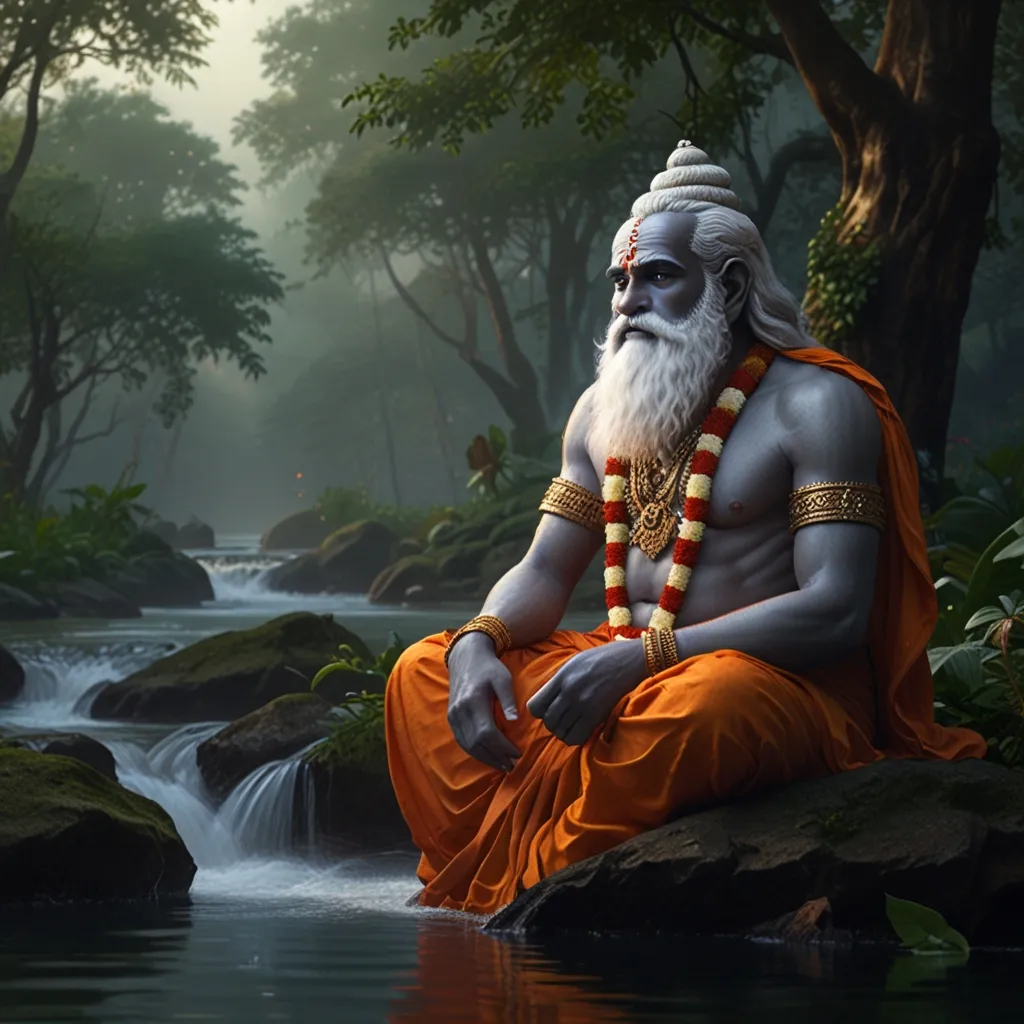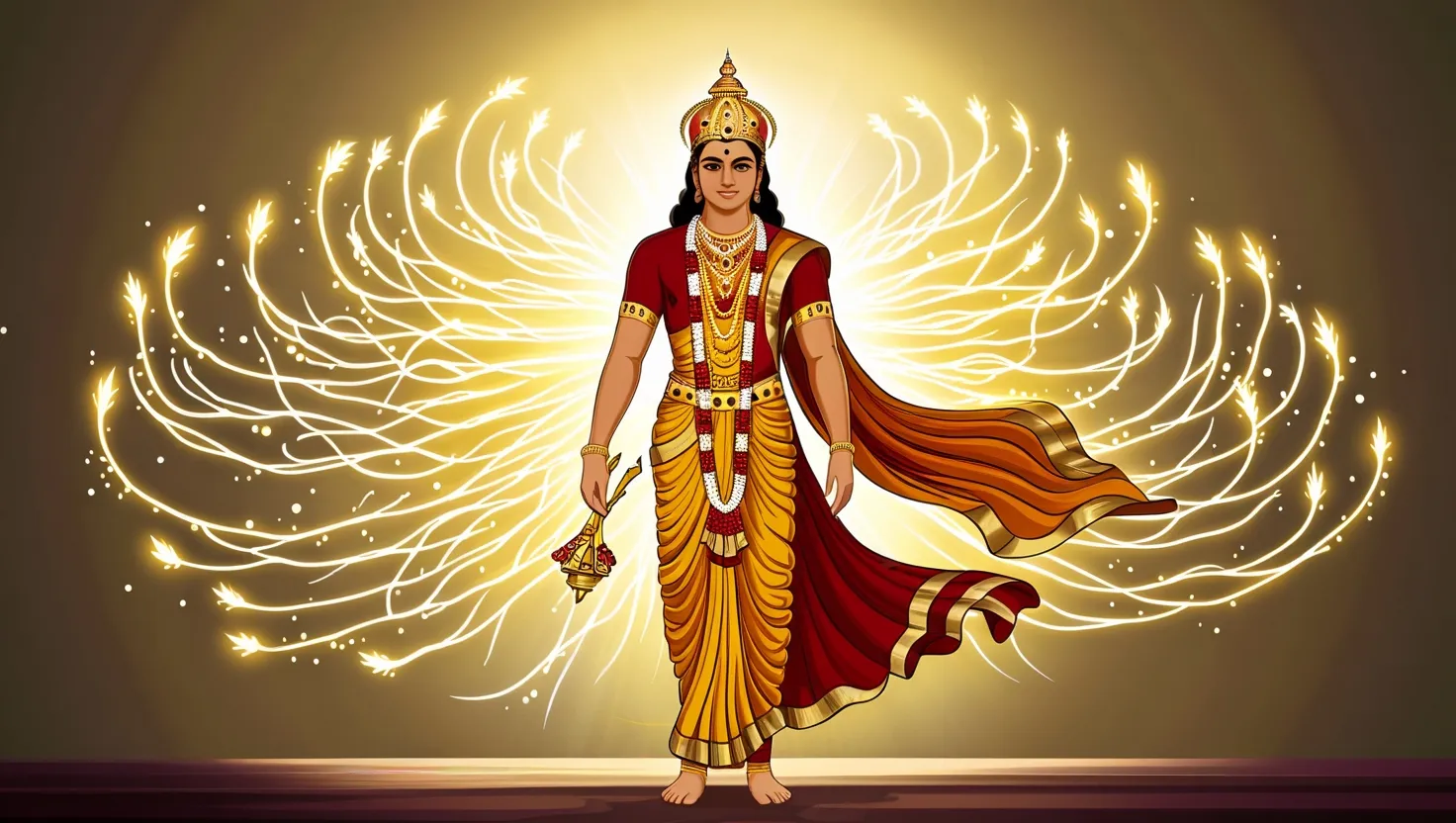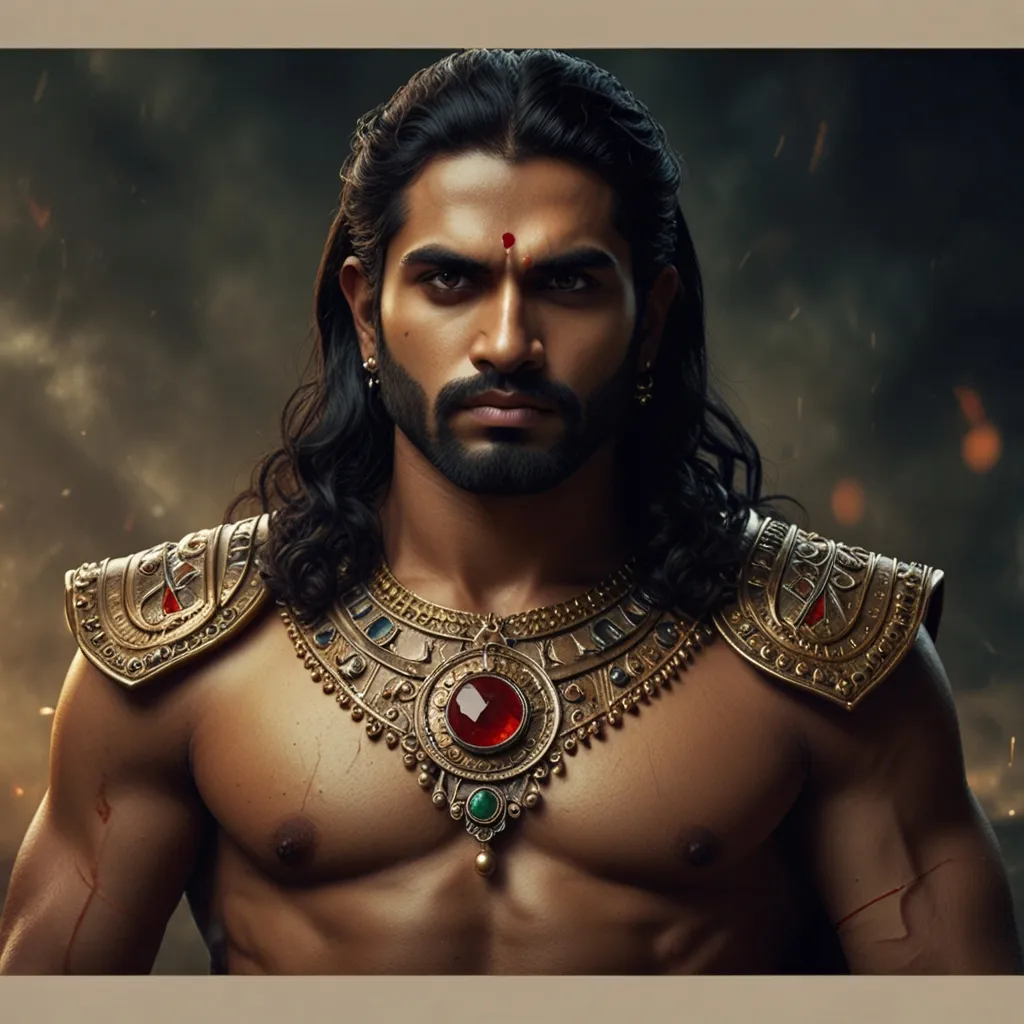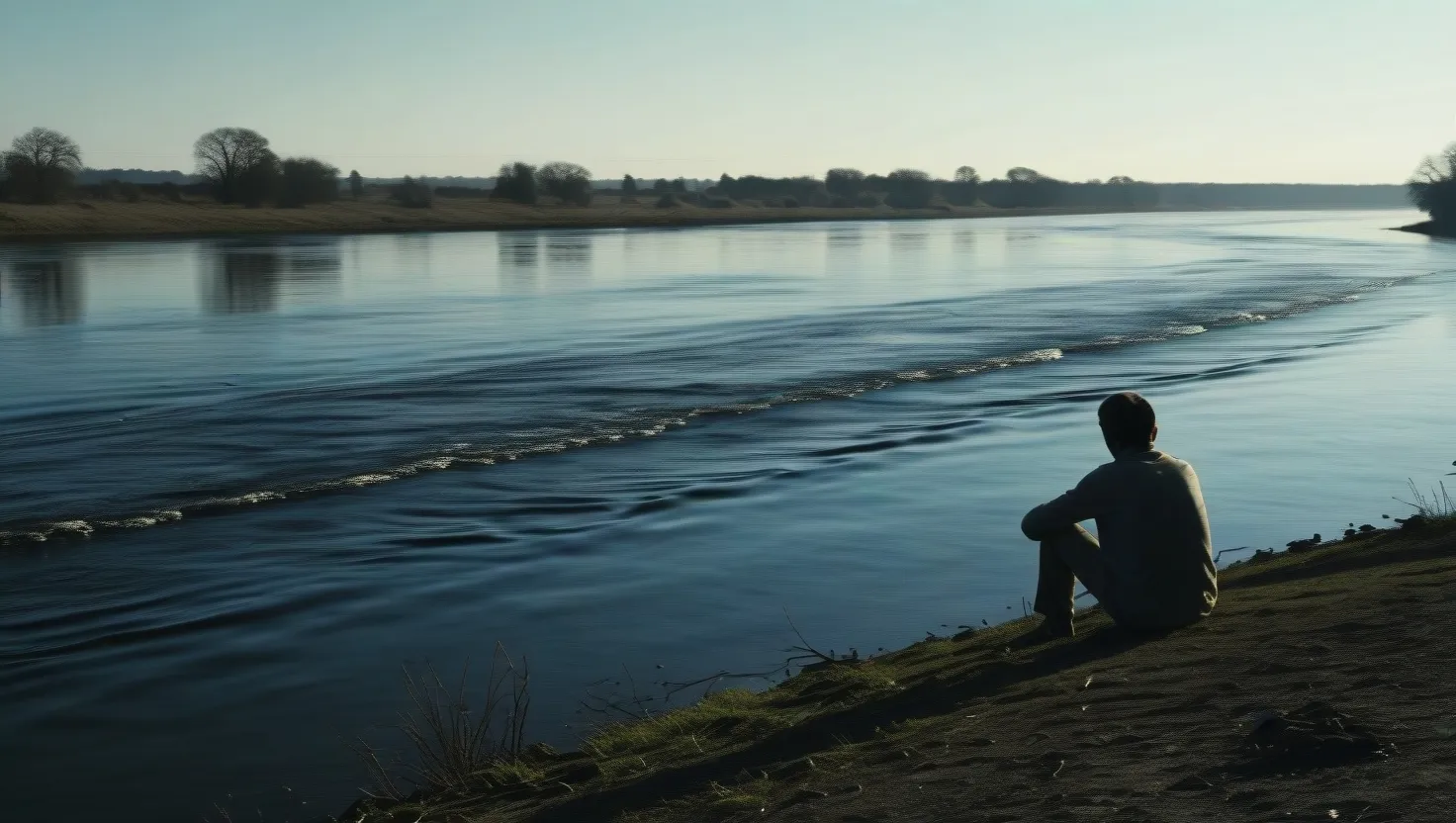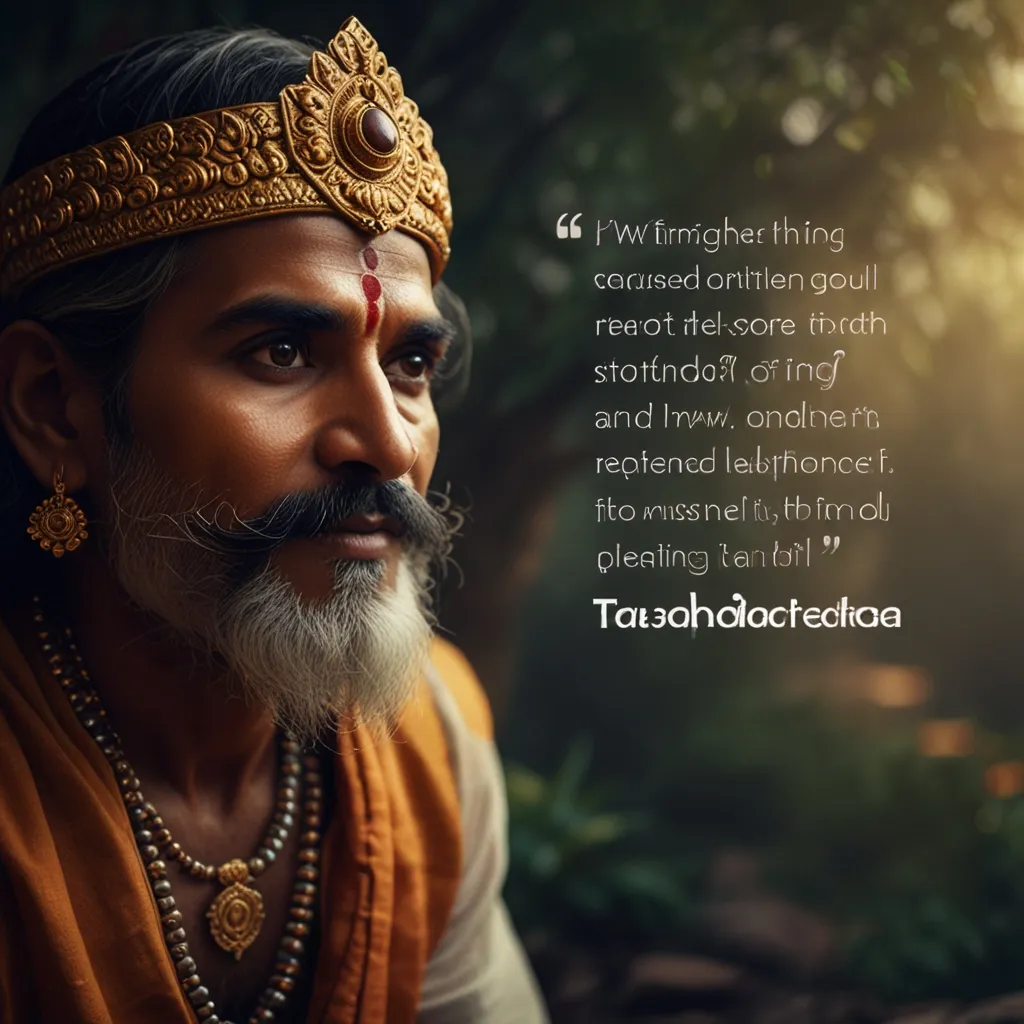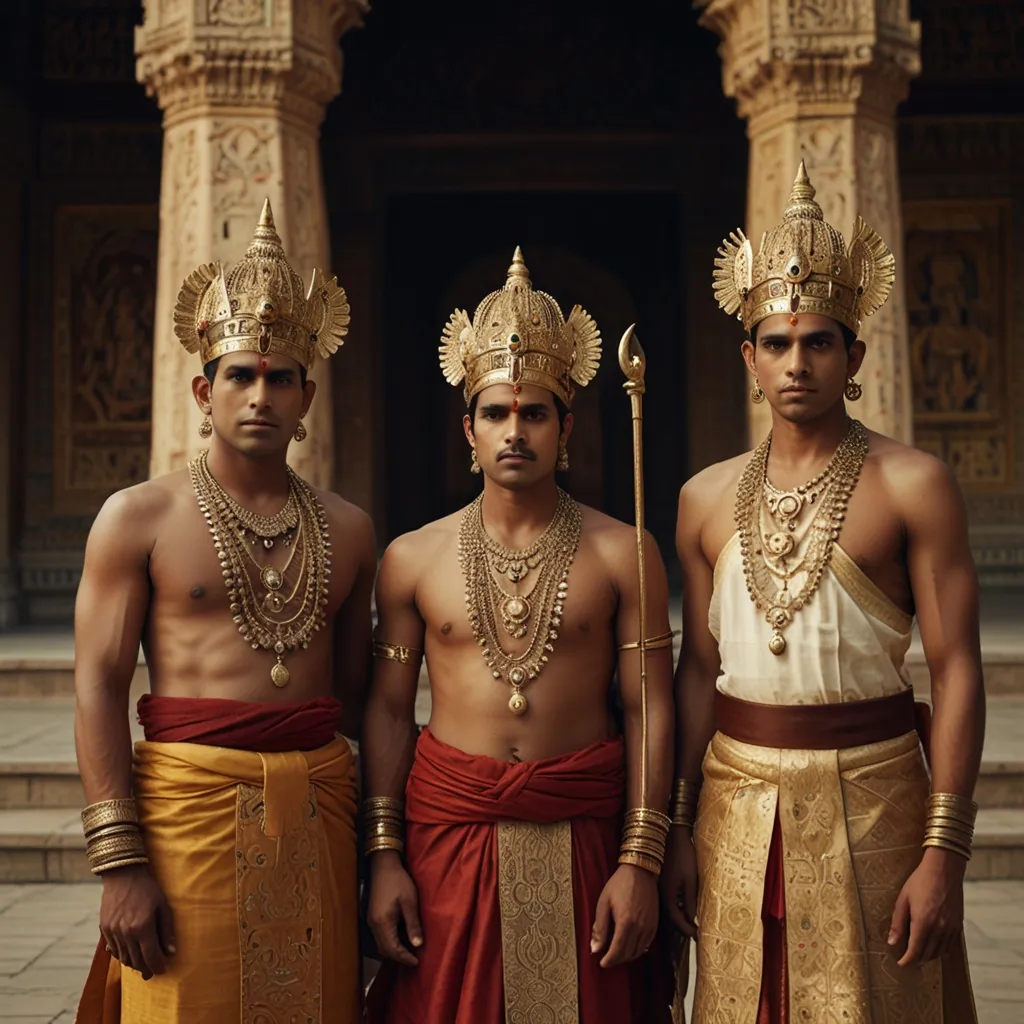You know, most folks hear the word Mahabharata and picture a giant war, gods hurling curses, or that loaded game of dice. But today—let’s pretend we’re just sipping coffee and talking, not ticking off epic plot points—I want to focus on something quieter and, honestly, more haunting: those razor-thin moments when freedom felt possible, only to slip away. These near-escapes are the real heartbeats in the story. They’re the moments you recognize in your own life, even if you’ve never picked up a bow or vowed loyalty to a king.
Let’s start with Gandhari. Everyone remembers her for the blindfold, the queen who chose sightlessness to share her husband’s darkness. But did anyone ever tell you she almost took it off? Imagine the weight: watching your sons grow, especially Duryodhana, who shifted from a promising prince to a storm waiting to break. Picture her hand hovering near that blindfold, tempted by the chance to see for herself, to intervene more directly. Would you have clung to a vow that now trapped you, or let go for the hope of steering your family from disaster? Gandhari’s choice freezes me. It’s easy to claim loyalty in big gestures. Harder, though, is facing the fallout when your self-denial becomes another link in someone else’s tragedy. “Sometimes the strongest chains are woven from our own promises.” That’s Gandhari’s real legacy, don’t you think?
Now, Karna—the ultimate tragic outsider. Let’s not rehash the usual about his loyalty or his rivalry with Arjuna. Here’s the lesser-known story: on the edge of battle, his mother Kunti tells him the truth. He’s her son—the Pandavas’ eldest brother. A throne, acceptance, and peace suddenly within reach. For a moment, Karna stands in two worlds. Here’s the “wait, what?” part: he could have stepped into the light. But downstairs, Duryodhana—the only man who treated him as a peer—is waiting, fully trusting in his support. What would you have done? Traded old insult for new kinship? Or, like Karna, held tight to the friend who made you feel seen? He chooses loyalty over destiny. That’s wild, isn’t it—that sometimes, belonging matters more than glory. As Karna might have said, “The sun cannot deny its own dawn or dusk, even if the horizon changes.”
Let’s talk Ashwatthama—Drona’s son, a warrior who found himself standing over a sleeping army, sword in hand, vengeance burning where mercy ought to be. Have you ever felt anger coiling inside you, making you something you don’t even recognize? The code of the warrior was clear: don’t attack the unarmed and unsuspecting. Ashwatthama hesitates, sees the line he’d be crossing. But in a moment, rage wins. He slaughtered those defenseless soldiers and his name is forever tangled with that decision. What do you think—a single breath, just a heartbeat longer, could have saved him from becoming the monster he feared? “Sometimes the greatest battles are waged in silence, standing still on the rim of your own shadow.”
Then there’s Yudhishthira, the king with a conscience big enough to fill a battlefield but a weakness for gambling that unraveled his whole world. He sensed Shakuni’s trickery. Truth is, the very idea of refusing a game felt like betraying his royal dignity—and yet, if he’d just said, “No, this isn’t fair,” half the Mahabharata would evaporate. Ever wonder why we sometimes ignore alarms going off in our own heads? How many disasters could be dodged if we just had the nerve to say, “I’m out”? The Mahabharata tempts you with this: what’s the cost of staying silent when your intuition is screaming?
Bhima is different. He’s the muscle, the guy whose fists generally solve problems. But, stuck as a cook in King Virata’s palace—keeping a low profile, swallowing every insult—his true trial wasn’t physical. Imagine Draupadi, the woman he’d go to war for, being harassed. Bhima is right there, burning inside, but duty demands silence. He nearly breaks his disguise every day. That’s the kicker: it’s not always the big battles that test us, but the little ones, the daily humiliations. Would you have blown your cover to save your pride? Or done what Bhima did—wait, watch, endure for a cause bigger than yourself? “Real strength often looks like stillness; real courage, like quiet suffering.”
What ties all these moments together? You and I know what it feels like to stand on the edge of change—holding the keys, staring at the locked door, choosing every reason to step away. That’s the Mahabharata’s secret: its heroes aren’t just larger than life; they’re heartbreakingly close to it. They teach us that freedom isn’t just about breaking chains; sometimes, it’s about recognizing the ones we’ve polished and worn for so long, they feel like part of us.
So, let’s toss the “fate versus choice” argument around for a second. Are these characters puppets, yanked by the strings of destiny? At first glance, maybe. But look closer. Each near-escape is a tug-of-war—a split-second where choice glimmers, right before the shadows fall. Have you ever asked yourself, “If I were there, would I dare to take that step?” The epic says: sometimes, the real story is not in what people do, but in what they almost do.
Think about this: maybe the Mahabharata’s biggest tragedy isn’t the war or the suffering. Maybe it lies in those moments where freedom hovered, hearts pounded, and yet, old vows, friendships, pride, or pain snapped the door shut. Sometimes I wonder—what if Gandhari had watched her sons? What if Karna had hugged Kunti and walked away? What if Yudhishthira had set the dice aside, or Ashwatthama led his men home in peace? Would the world in the Mahabharata be better, or would another tragedy have simply slipped in the back door?
There’s a small, prickly truth the Mahabharata gives us, tucked away in all its grand chaos: Every freedom comes with a cost, and every chain has a key, even if we’re afraid to use it. As we sit here, swapping stories, I have to ask—what near-freedoms have you walked past, and which ones would you chase if you had another chance?
If you remember nothing else, let this linger: “The closest we come to destiny is the moment before we decide; the rest is just living with that choice.” That, my friend, is the Mahabharata’s real magic—a constant invitation to step up, breathe deep, and maybe, just maybe, choose a different path.
